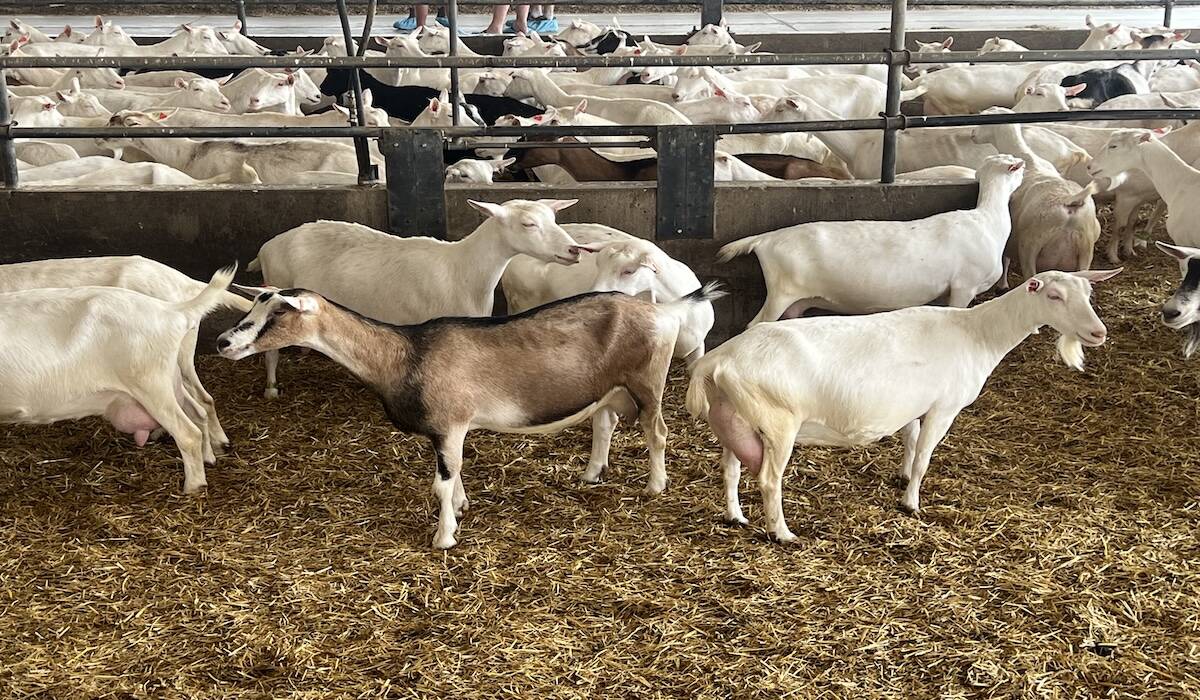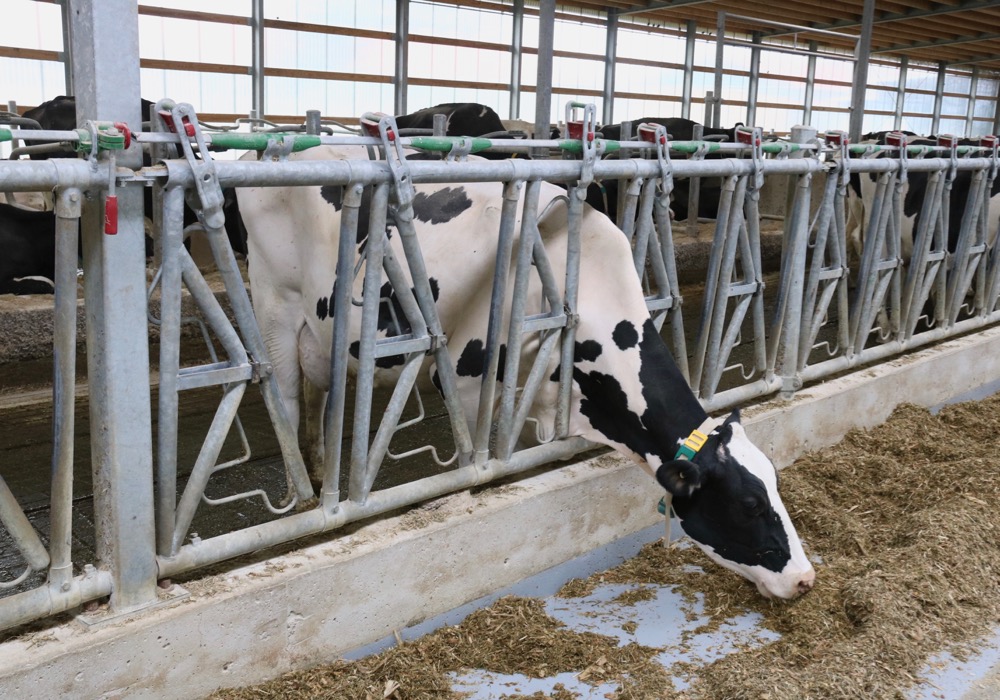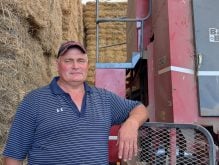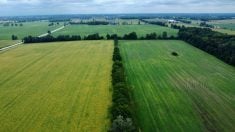The imminent reset of Bill C-275 could be a positive development for livestock producers, as controversial amendments will be scrapped and the legislation will return to square one.
Why it matters: Bill C-275 could return to a more favourable state for producers.
Following the announcement of Prime Minister Justin Trudeau’s resignation and prorogation of Parliament last month, many bills, including C-275, will be reset to their first reading. When an election is called, they will die on the order paper.
Read Also

Ontario dairy goat producers move toward forming provincial board
Creation of a Dairy Goat Board under the Ontario Farm Products Marketing Commission may be voted on by early 2026.
The aim of Bill C-275 was it to make it an offence to enter livestock facilities without permission. It underwent several amendments last year, changing the rules to apply to anyone entering a facility, not just trespassers.
Lauren Martin, senior director of public affairs at the Canadian Meat Council (CMC) said her organization supported the bill as originally proposed by Conservative MP John Barlow, but “were a little bit dismayed to see the amendments made by the Senate.”
“As it was amended, the fact that it died is not the worst thing, but we still overall want to see a piece of legislation like that in place,” Martin said.
The bill’s first reading targetted those who enter facilities recklessly and knowing their actions “could result in the exposure of the animals to a disease or toxic substance.” In the amended third reading, the wording changes to only apply to cases where their entering could “resonably be expected” to cause such an outcome.
Barlow called these changes an attempt to prevent the bill from passing. In an emailed statement, Barlow said the amendments “weakened the bill significantly.”
Barlow’s statement said he “realistically (does) not expect Bill C-275 to recieve royal assentvefore Parliament is dissolved” but also he is confident a future Conservative government would make “tools like those proposed in Bill C-275 to protect livestock from diseases like African Swine Fever, avian flu and foot and mouth disease” a top priority.
Current polling suggests Conservatives are likely to win a majority in this year’s federal election. Martin said she can see the next government making another attempt at passing similar legislation, noting Barlow has already sponsored a very similar bill, 2019’s C-205, which likewise aimed to penalize trespassers in livestock facilities.
“I have a high degree of confidence that something like this will see the light of day,” she said, though she added her faith in the Senate was less pronounced.
“I have about, you know, 50/50, confidence as to how the Senate would approach this in a future government iteration, and that is just because of the sentiments around animal agriculture.”
She pointed to animal rights activists who have referred to it as the “ag gag” bill. Advocacy group Animal Justice has claimed C-275 is a “pretext for targeting animal protection advocates,” keeping them off farms.
One issue Martin said could foster more support for C-275 is the recent threat of tariffs coming from the U.S., which could lead Canadians to pay more attention to their food system. This is something she said has happened in previous times of crisis.
“We saw in the pandemic that when folks couldn’t access food on grocery stores shelves, there was a better appreciation for agriculture,” she said. “If the tariffs lead us to a place where food security is threatened, because that is something that we’ve discussed as being a potential consequence … that might play into the social discourse that surrounds a bill like this.”














